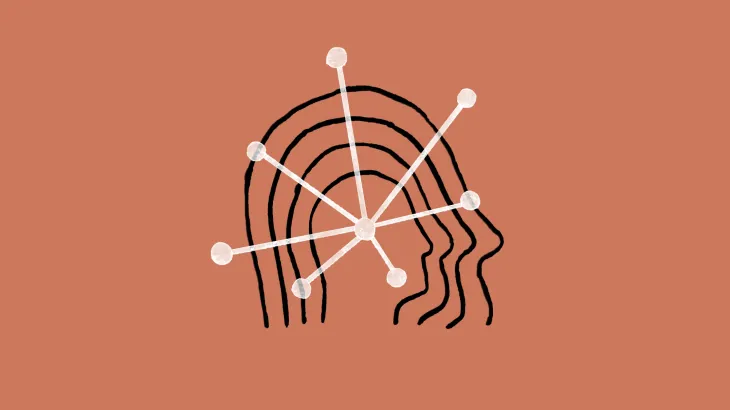Anthropic, a prominent AI startup bolstered by substantial venture capital investments, has introduced its latest technological advancement, Claude 3. With backing potentially reaching hundreds of millions more, the company asserts that Claude 3 stands on par with OpenAI’s GPT-4 in terms of performance.
Claude 3, the newest iteration of Anthropic’s GenAI, comprises a suite of models including Claude 3 Haiku, Claude 3 Sonnet, and the most powerful, Claude 3 Opus. Anthropic claims these models exhibit enhanced capabilities in analysis and forecasting compared to predecessors like GPT-4 (excluding GPT-4 Turbo) and Google’s Gemini 1.0 Ultra (excluding Gemini 1.5 Pro).
A notable feature of Claude 3 is its status as Anthropic’s inaugural multimodal GenAI, enabling analysis of both text and images akin to certain versions of GPT-4 and Gemini. Claude 3 can process various visual formats such as photos, charts, graphs, and technical diagrams sourced from PDFs, slideshows, and other document types.
Setting itself apart from competitors, Claude 3 can analyze multiple images simultaneously in a single request, facilitating comparison and contrast, according to Anthropic.
However, there are constraints on Claude 3’s image processing capabilities. Anthropic has restricted the models from identifying individuals, likely due to ethical and legal concerns. Additionally, Claude 3 may struggle with “low-quality” images (under 200 pixels) and tasks involving spatial reasoning or object counting.
Furthermore, Claude 3 is limited to image analysis and does not generate artwork at this time.
Anthropic assures customers that Claude 3 demonstrates improvements in following multi-step instructions, producing structured output, conversing in multiple languages, and providing answers with greater accuracy. Additionally, the models will soon include citation of answer sources for user verification.
According to Anthropic, Claude 3’s enhancements are attributed to an expanded context, allowing for more expressive and engaging responses.
While not without its imperfections, Anthropic plans to continually update Claude 3 to address issues such as bias and hallucinations. The company envisions Claude 3 evolving to interact with other systems and deliver advanced capabilities comparable to those of OpenAI’s reported ambitions.
Anthropic offers Opus and Sonnet models presently, with Haiku slated for release later in the year. Pricing for Claude 3 varies based on model and usage.
In summary, Anthropic’s Claude 3 represents a significant advancement in AI technology, positioned to compete with industry leaders like OpenAI while paving the way for future developments in AI self-teaching and interaction.

